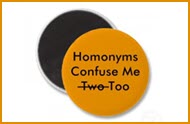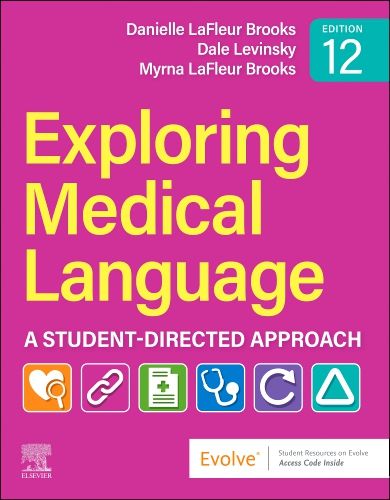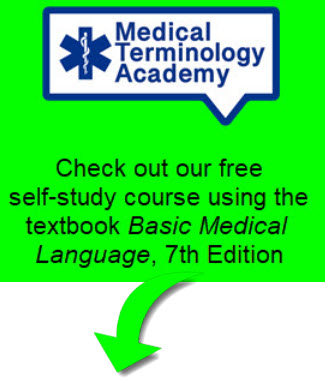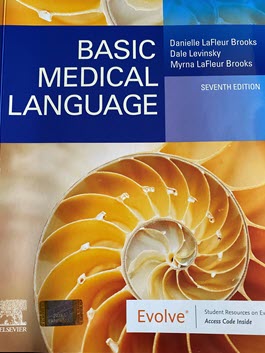Medical language began with the ancient Greeks over 2,000 years ago. Hippocrates and Aristotle were among the first to study and write about medicine. The Romans continued the practice, adopting elements of the Greek language to use alongside Latin.
Most terms used today are formed from Greek and Latin word roots, prefixes, and suffixes, such as oste/o/arthr/itis.

Medical terminology continues to evolve and adapt to the ever-changing landscape of medicine and healthcare. Included in today’s language, besides terms built from Greek and Latin word parts, are terms that are:
- Eponyms – derived from a name or place. (Alzheimer disease)
- Acronyms – formed from the first letter of a phrase. (laser-light amplification by stimulated emission of radiation)
- Modern Language English Terms – descriptive of technology and procedures. (nuclear medicine scanner)
Memorizing long and seemingly complex medical terms can seem overwhelming. In our textbooks Exploring Medical Language,11th Edition, and Basic Medical Language, 7th Edition, Elsevier, we simplified learning by separating the terms into two groups
- terms built from word parts
- terms not built from word part
with specialized exercises for each.
 |
 |






